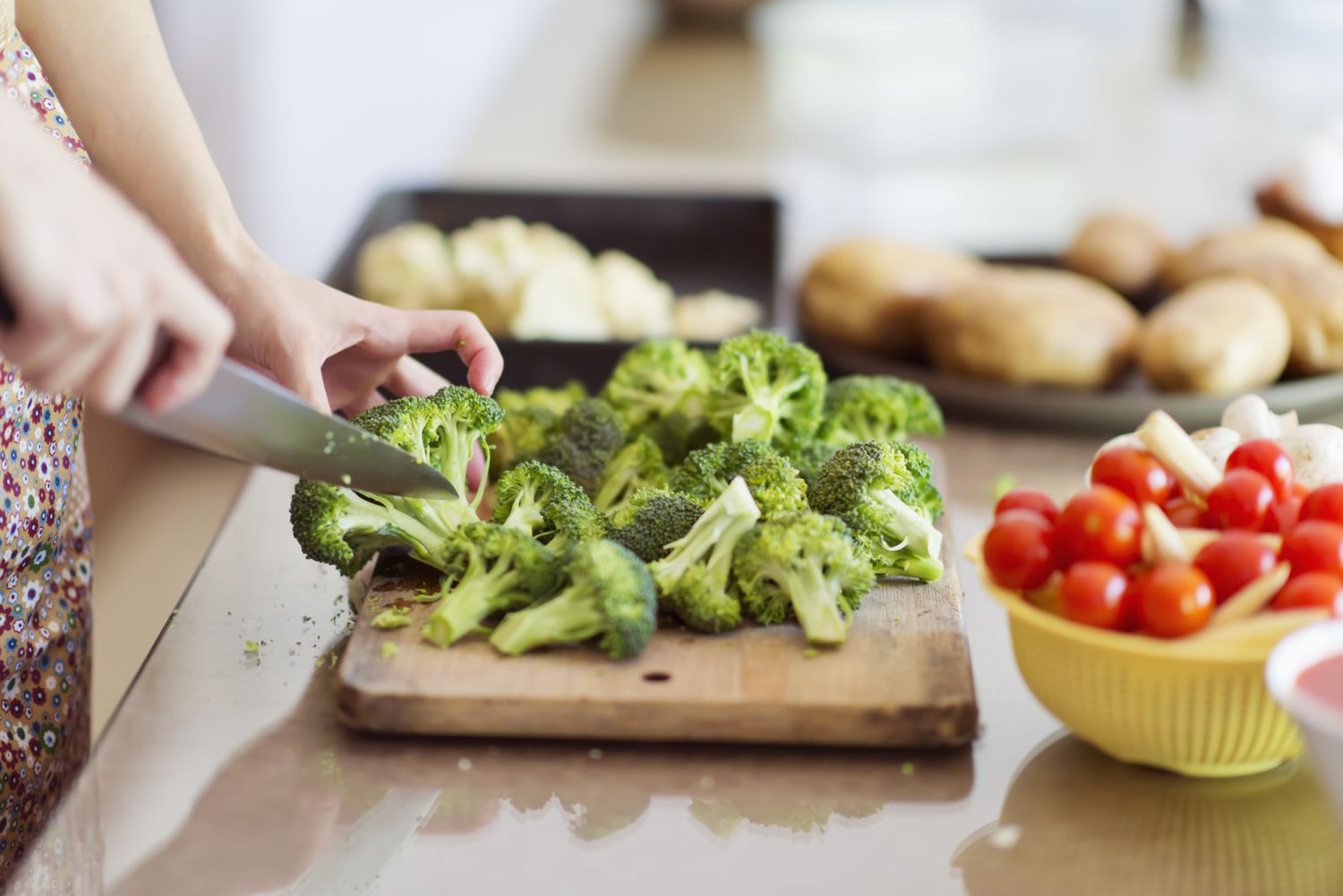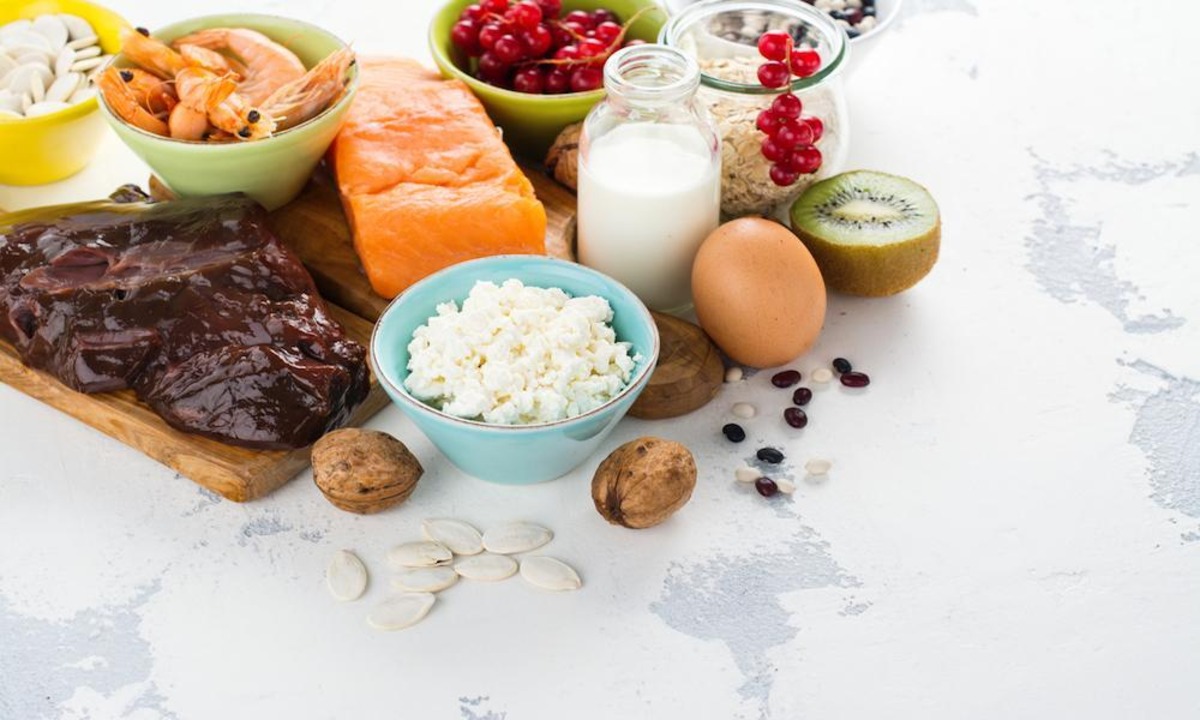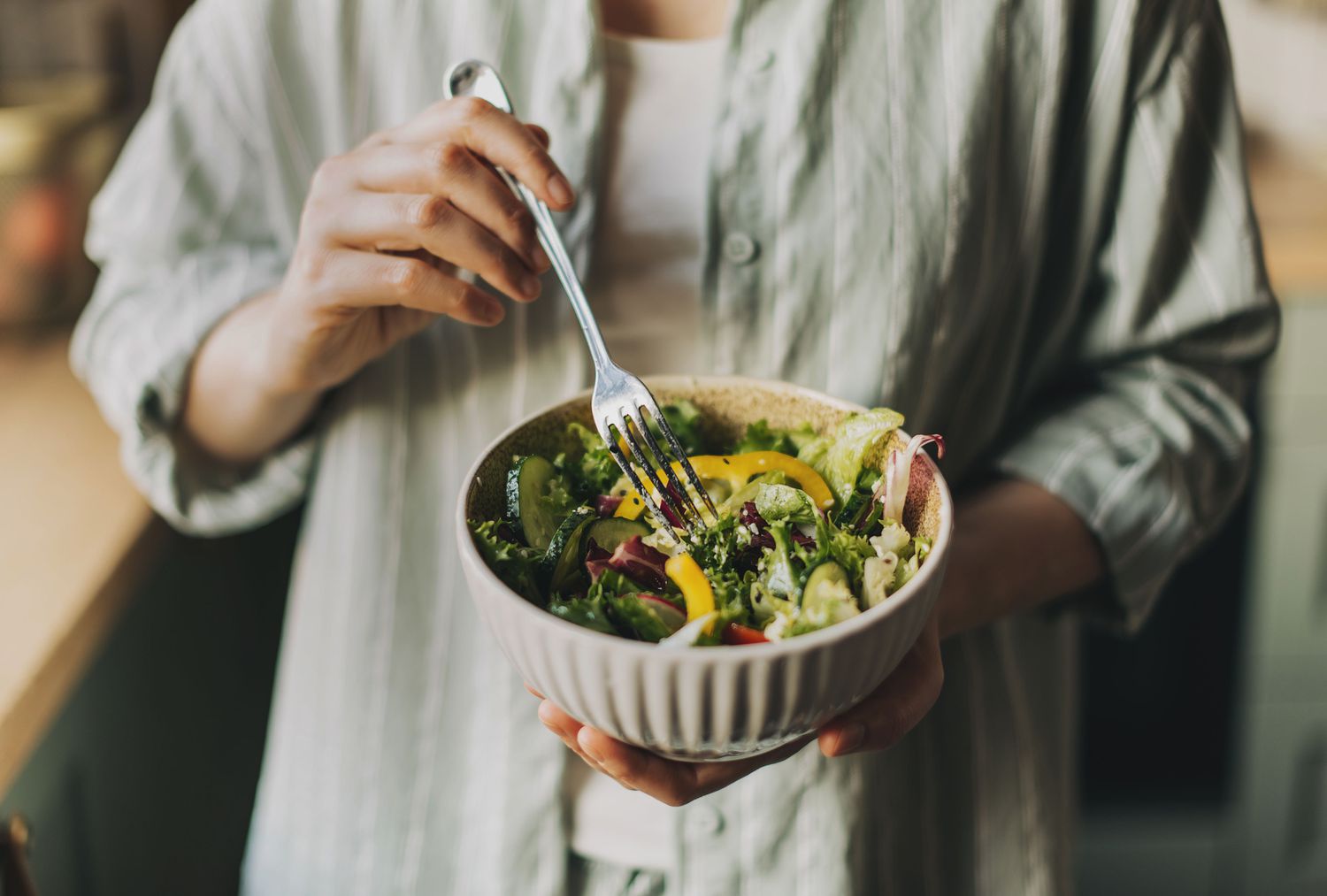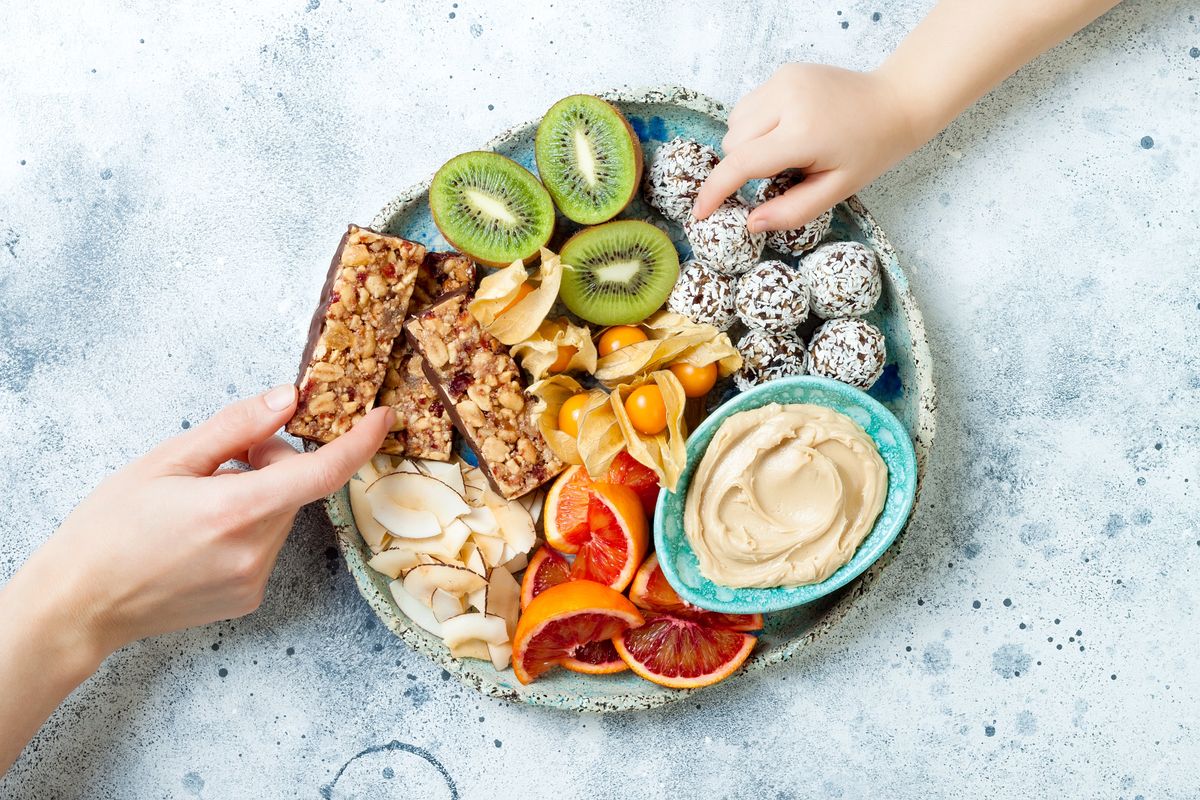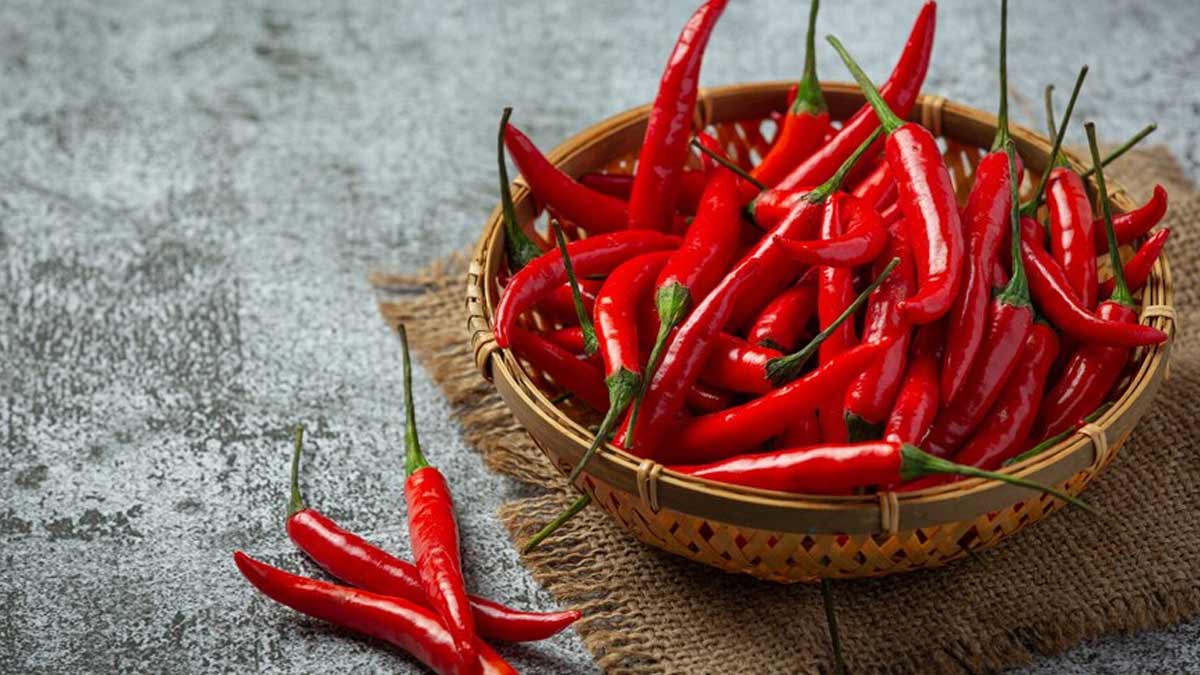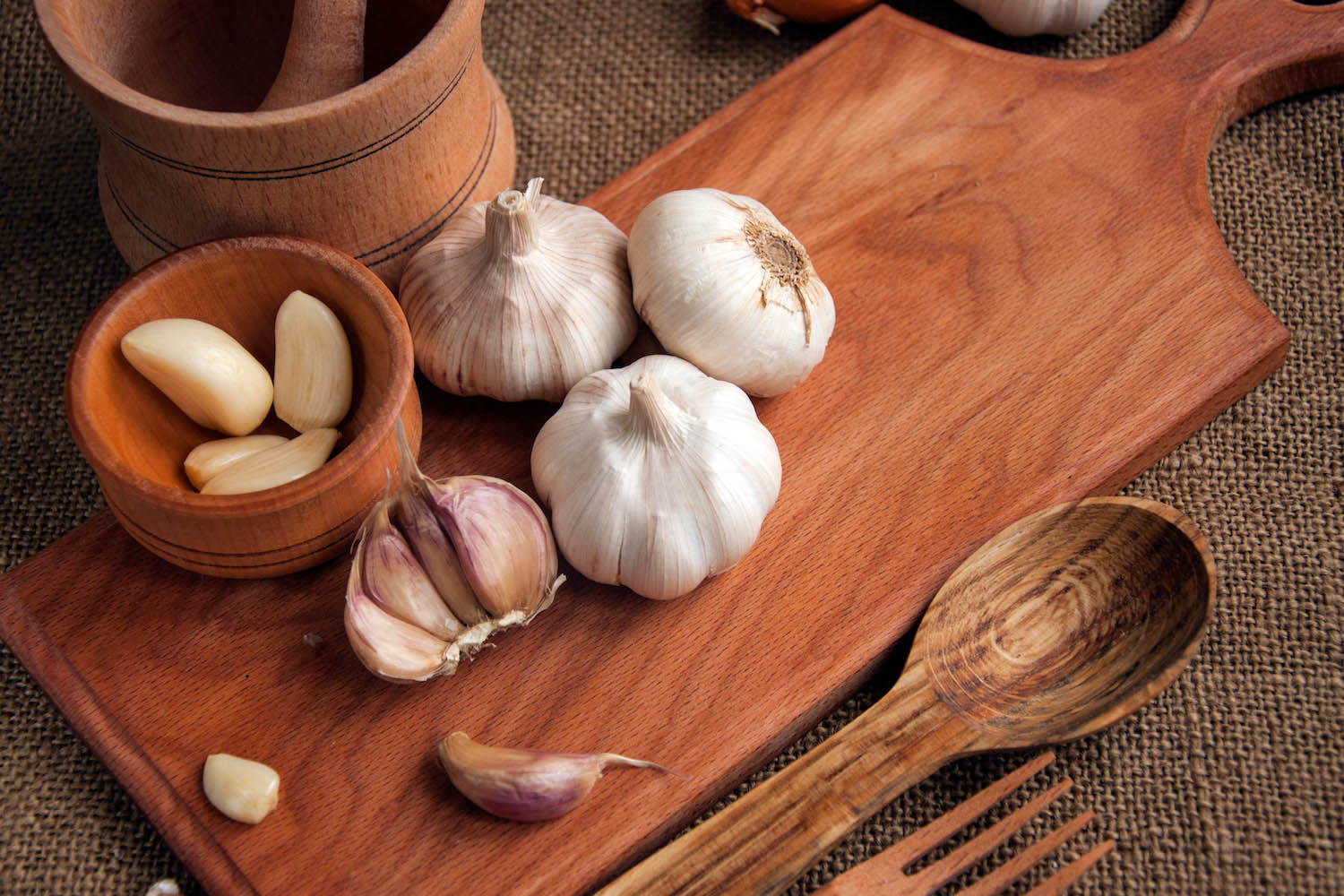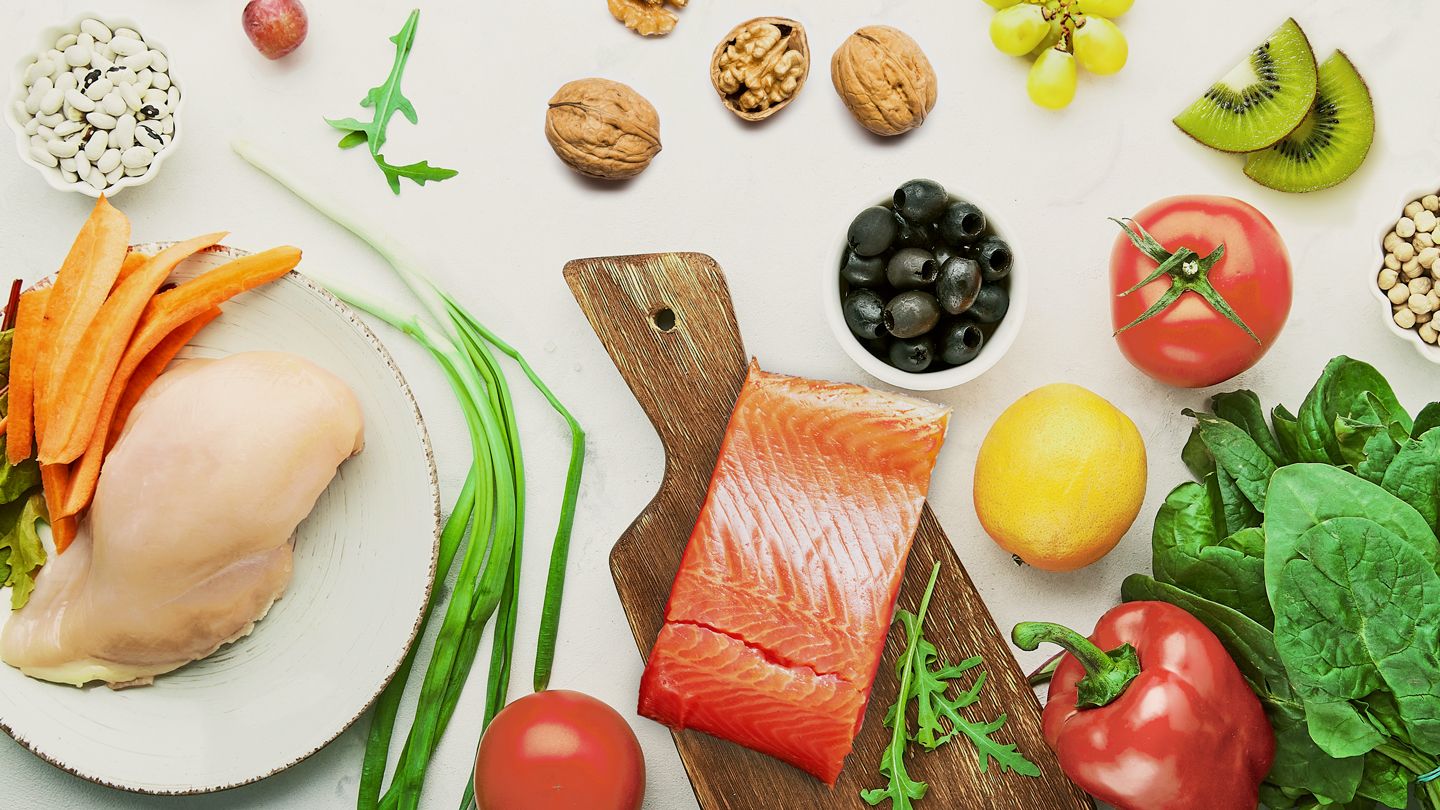Managing IBS with Beans: A Guide to Enjoying Beans without Discomfort
If you suffer from Irritable Bowel Syndrome (IBS), you may find it challenging to incorporate beans into your diet. Beans are a great source of protein, fiber, and essential nutrients, but they can also cause digestive discomfort for some individuals with IBS. However, with the right approach, you can still enjoy beans without exacerbating your symptoms. Here are some tips on how to eat beans with IBS:
Choose the Right Beans
Not all beans are created equal when it comes to IBS. Some beans, such as lentils, chickpeas, and black beans, are easier to digest compared to others. These beans are lower in fermentable oligosaccharides, disaccharides, monosaccharides, and polyols (FODMAPs), which are known to trigger IBS symptoms. Consider incorporating these IBS-friendly beans into your diet.
Prepare Beans Properly
Properly preparing beans can help reduce their gas-producing properties, making them easier to digest for individuals with IBS. Here are some tips for preparing beans:
- Soak dried beans overnight to help break down indigestible sugars.
- Discard the soaking water and rinse the beans thoroughly before cooking.
- Consider using canned beans, which are often pre-soaked and may be gentler on the digestive system.
Monitor Portion Sizes
While beans are nutritious, consuming large portions at once can overwhelm the digestive system, especially for individuals with IBS. Start with small portions and gradually increase the serving size as your body adjusts. Pay attention to how your body responds to different portion sizes and make adjustments accordingly.
Experiment with Different Cooking Methods
Some cooking methods can make beans easier to digest. For example, using a pressure cooker or slow cooker can help break down the complex carbohydrates in beans, making them more tolerable for individuals with IBS. Experiment with different cooking methods to find what works best for you.
Pair Beans with Low-FODMAP Foods
Pairing beans with low-FODMAP foods can help mitigate their potential impact on IBS symptoms. Consider combining beans with non-starchy vegetables, lean proteins, and low-FODMAP grains to create balanced and gentle-on-the-stomach meals.
Listen to Your Body
Ultimately, the key to incorporating beans into an IBS-friendly diet is to listen to your body. Pay attention to how different types of beans and serving sizes affect your symptoms. Keep a food diary to track your intake and any associated symptoms. This can help you identify which beans and portion sizes work best for your individual needs.
By choosing the right beans, preparing them properly, monitoring portion sizes, experimenting with cooking methods, and pairing them with low-FODMAP foods, you can enjoy the nutritional benefits of beans without exacerbating your IBS symptoms. Remember to consult with a healthcare professional or a registered dietitian before making any significant changes to your diet, especially if you have IBS or any other digestive condition.
